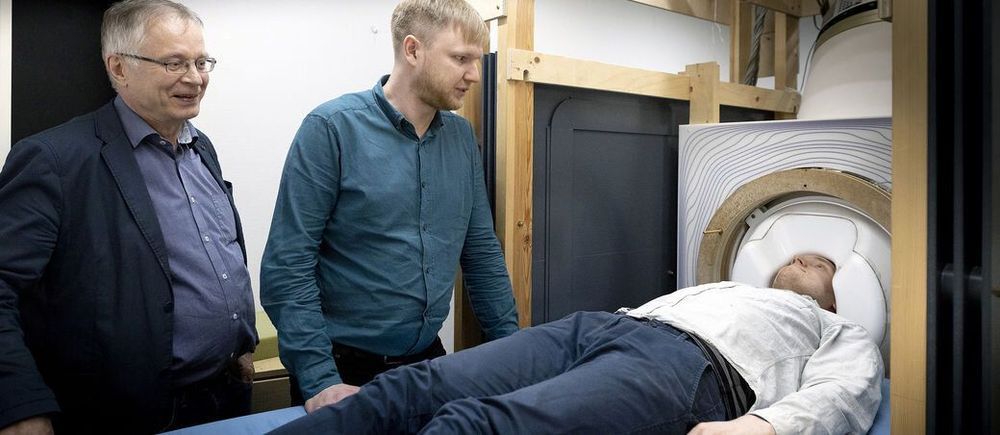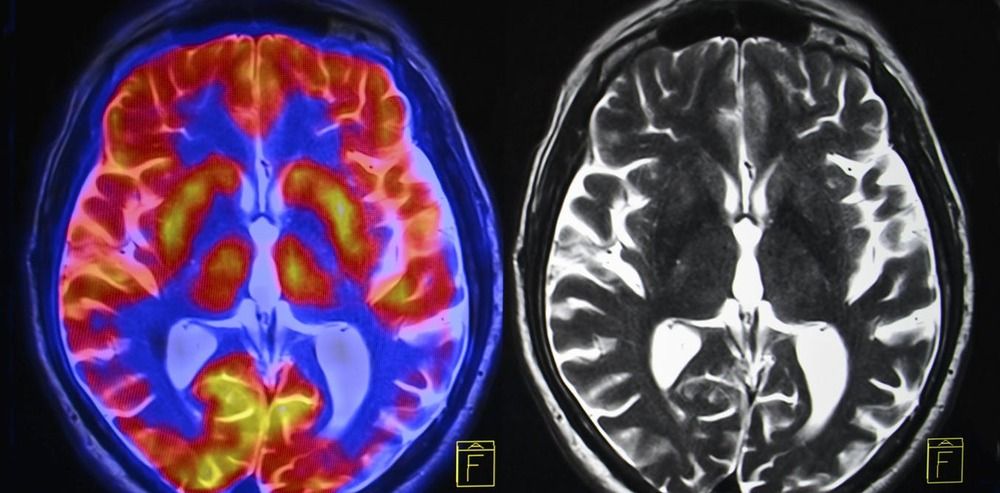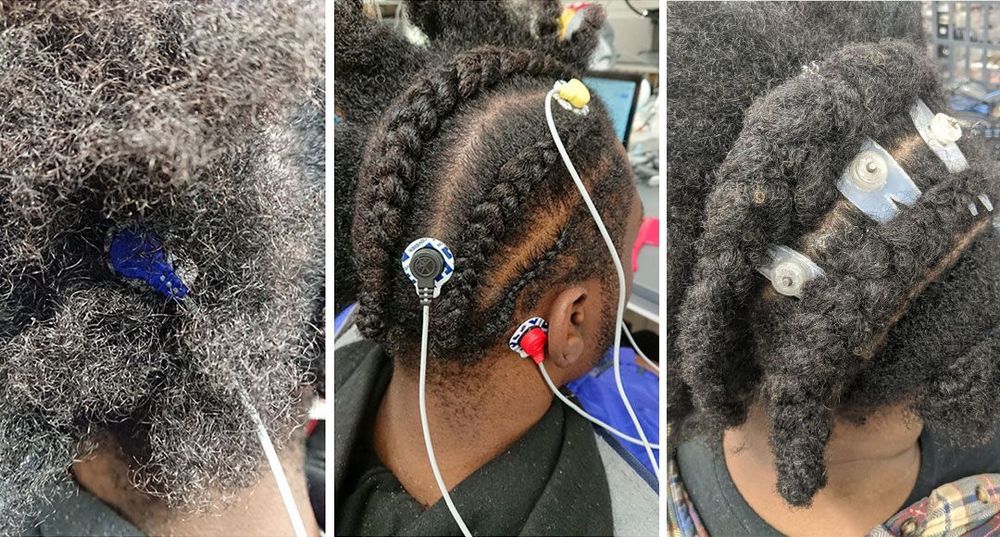A group of neuroscience and neurotechnology researchers have conducted extensive research and developed a new brain imaging technology in two EU projects led by Aalto University. As a result of the successful research, a new project funded by Business Finland just started with the aim of making the devices usable for patients. The project’s budget is one million euros.
“More accurate measurements can be helpful in locating epileptic brain activity before surgery. The new device is also expected to help distinguish brain tumours from healthy tissue more accurately prior to cancer surgery. In addition, the device will increase our understanding of the connections between the different brain regions. This will help us understand abnormal brain activity in connection with, for example, depression or the progress of Alzheimer’s disease,” explains Professor Risto Ilmoniemi, Head of Aalto University Department of Neuroscience and Biomedical Engineering.
The improved accuracy can also be useful in the study of stroke, autism and brain injuries; and especially as part of basic brain research.








